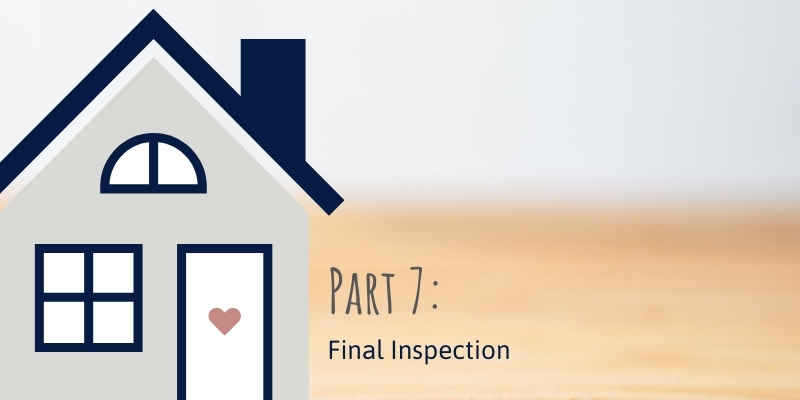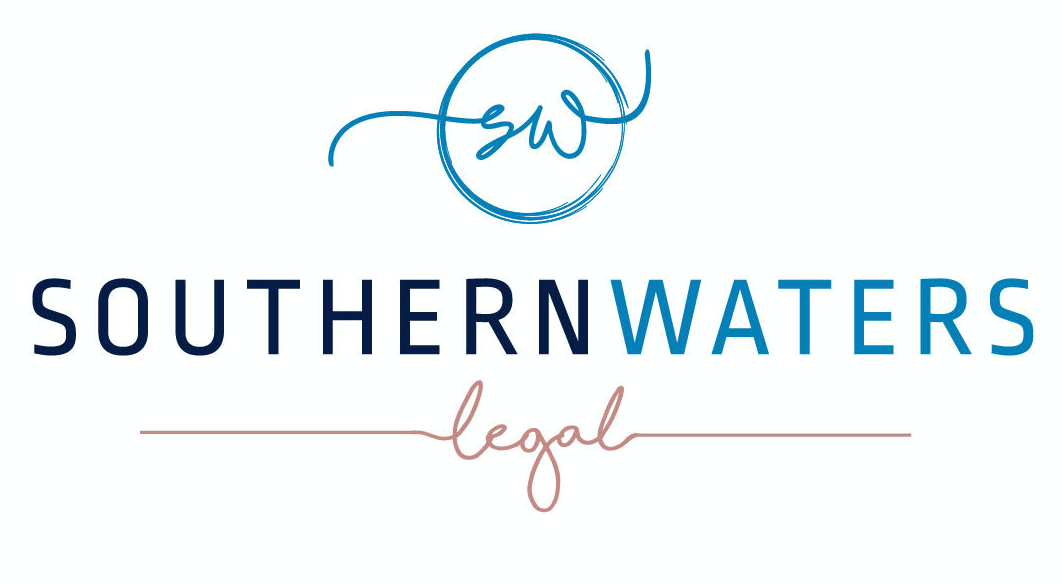Purchasing Property

Final Inspection
Prior to settlement you are entitled to conduct a final inspection of the purchase property to ensure the property is in the same state as when you first inspected and exchanged the contracts. The final inspection is your last chance to check that the state of the property has not changed during the settlement period and that the agreed inclusions/exclusions have been left/removed from the property.
We recommend that you conduct your final inspection as close to settlement as possible, this is so that you can view the property once most of the contents and furniture have been removed.
In some cases it may have been agreed between the parties that works are to be completed prior to settlement. In this situation, we recommend that the property be inspected a few days prior to settlement to ensure that the agreed works are completed. If they have not been, you can then notify the vendor and return to inspect the works once completed and before proceeding with settlement.
How to arrange the final inspection?
The final inspection is to be arranged through the selling agent. You should contact the selling agent 1-2 weeks prior to settlement to notify them of your availability. The selling agent will then contact the vendor to confirm the time of the inspection is suitable. On the day of the inspection the selling agent will attend the property with you.
What to look for during a final inspection?
- Has there been any significant damage to the property since Contracts were exchanged? For example; broken windows, holes where art/furniture has been removed, damage to carpets under furniture.
- Confirm the inclusions. You will need to make sure all the inclusions on the front page of contract remain, such as the dishwasher, pool equipment and any additional agreed items.
- Confirm the exclusions. If any items have been excluded on the front page of contract, you will need to make sure that these have been removed.
- Confirm pre-purchase agreements/special requests have been completed. Prior to exchange or under the cooling off period, you may have made arrangements with the vendor for additional works to be carried out on the property or
- Has the home been cleaned? Prior to settlement all rubbish should be removed from the property or be in the bins ready for the next collection. If the vendor is throwing out larger items such as old furniture, this should have already been removed from the property. If not, you will need to check with the vendor/agent that there is a council clean up or a pickup arranged prior to the settlement date. Check the garden, garage, shed and under the house for old junk piles.
What to do if there is an issue?
If you find an issue on your final inspection, let the agent and your solicitor/conveyancer know straight away. Often, the vendor may already be aware/planning to fix the issue or a quick resolution/repair can be arranged. If the issue is more serious, your solicitor/conveyancer will guide you through the options available and will negotiate with the vendors solicitor/conveyancer to resolve the issue.
For more information on Purchasing Property check out our other blogs:
Part 1: Finance and Deposits
Part 2: Stamp Duty
Part 3: Review of the Contract
Part 4: Property Reports
Part 5: Exchange of Contracts
Part 6: Planning your move
You may also be interested in our Selling Property series:
Part 1: Getting your property ready to market
Part 2: Selecting an agent
Part 3: The Contract for Sale
Part 4: Exchange of Contracts
Part 5: Discharge of Mortgage
Part 6: Planning your move
If you have any questions or need any assistance please do not hesitate to contact us at Southern Waters Legal. We offer a free 15 minute, no obligation chat if you want to go through your circumstances.
What do you think? We would love to hear your thoughts! Feel free to submit your comments below or comment on our Facebook Page or LinkedIn.


